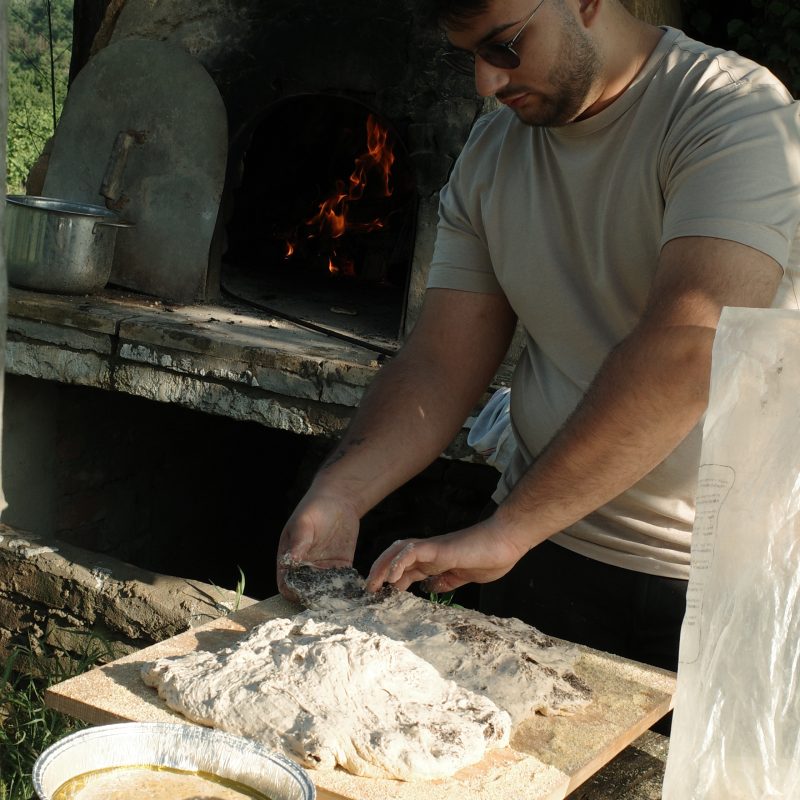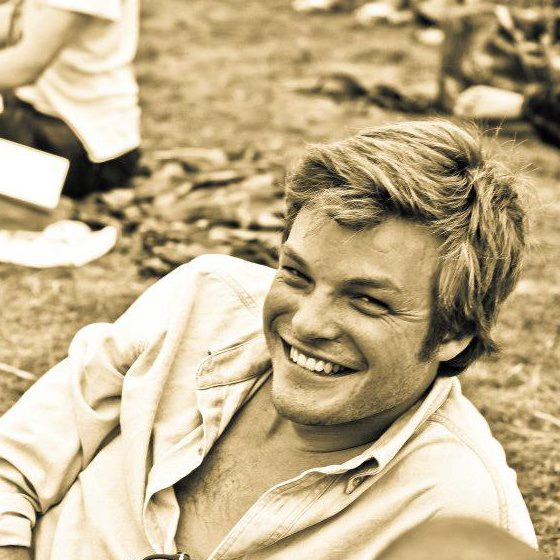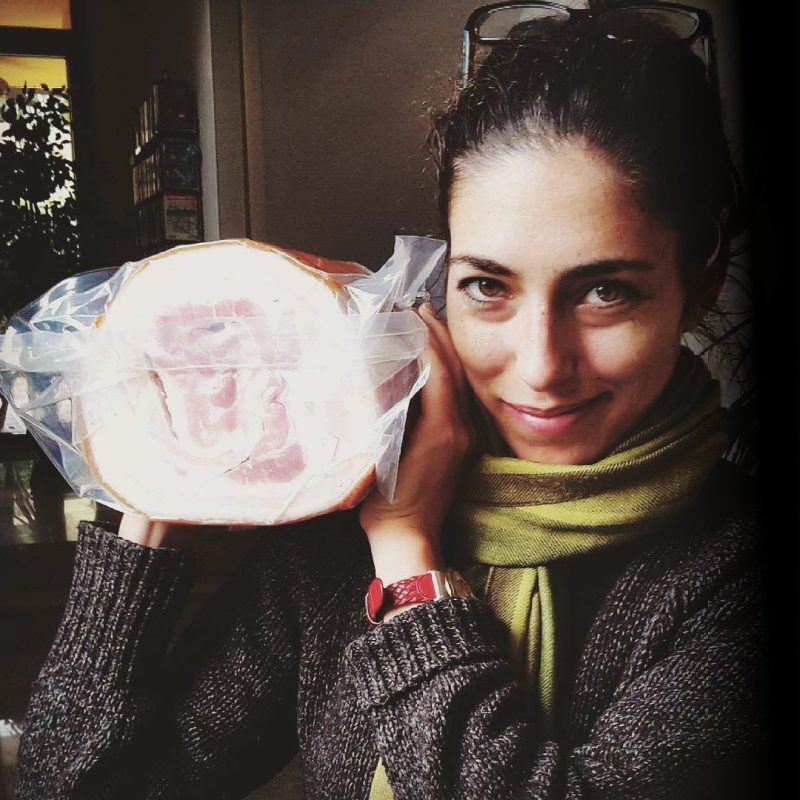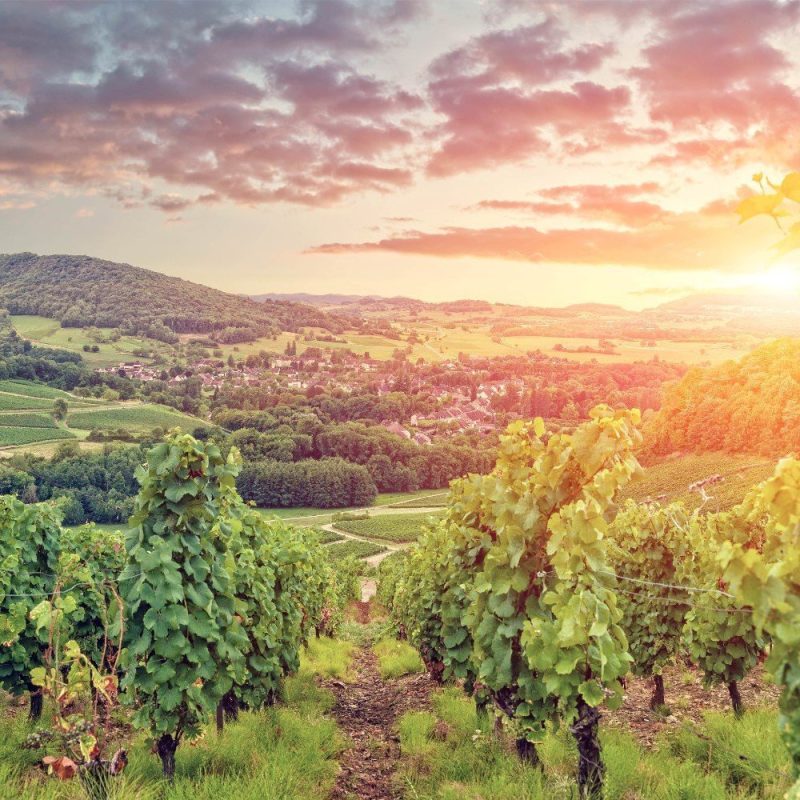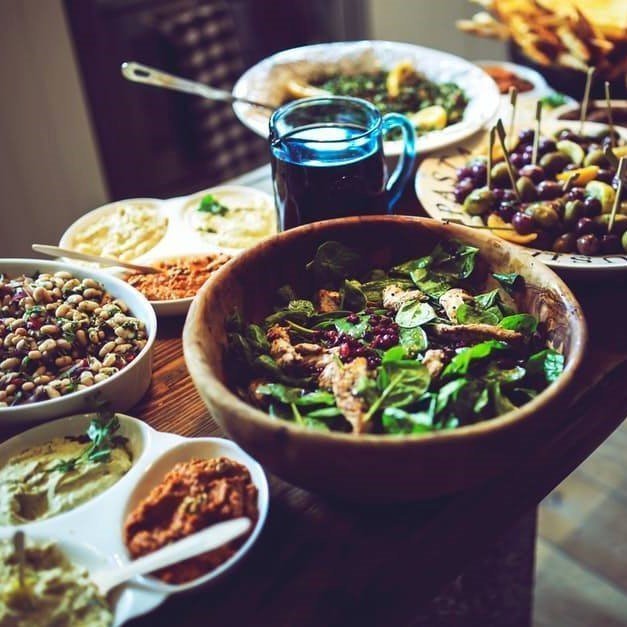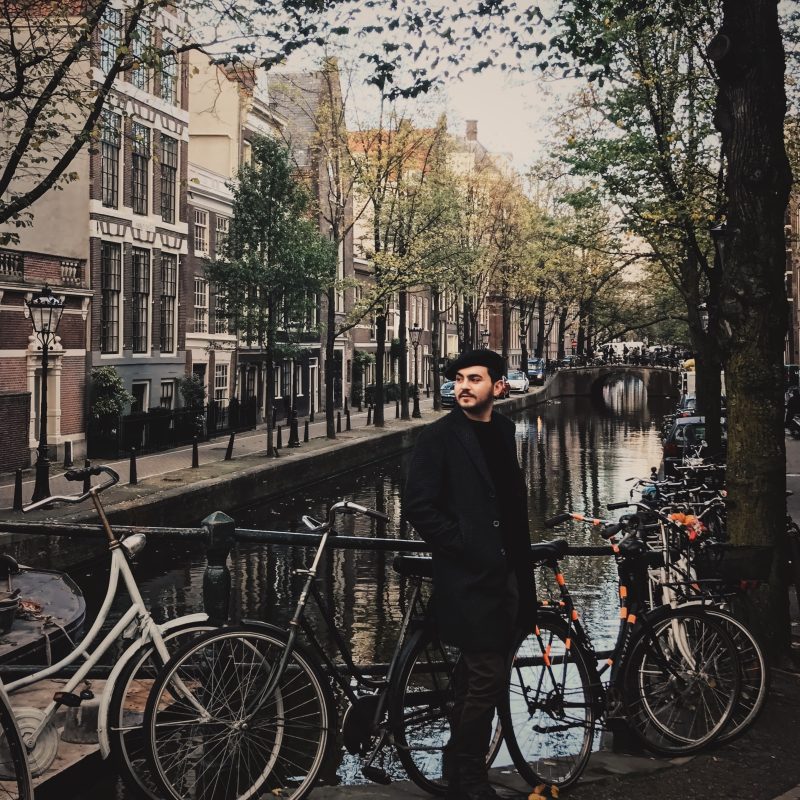Among the wide variety of courses offered by the University of Gastronomic Sciences, the two-year graduate degree in Gastronomic and Tourism Heritage Promotion and Management welcomes students belonging to variegated accademic and professional environments, aiming to mold future entrepreneurs for agricultural and food businesses. The first half of the learning itinerary consists of classroom courses taught in Pollenzo, flavored with the lively atmosphere of the Alumni community and 10 days of study trips in the north-west of Italy. Subsequently, the student has the opportunity to dive into the work environment through a remunerated internship available from the university database, even though it may also be stipulated an agreement with a new company willing to enter the network.
In my case, after different experiences in the Mediterranean area, I wanted to get in touch with tropical gastronomy and, thanks to the support of the UNISG Career Office and my forward thinking General Manager, Mara Jernigan, I decided to spend six months in the middle of the rain forest of the south of Belize. This former British colony, independent for only 30 years, is surrounded on two sides by the Maya Mountains which separate it from Guatemala, to the north it is connected to Mexico by the Yucatan peninsula, while it dives eastward into the wider reef of the boreal hemisphere.
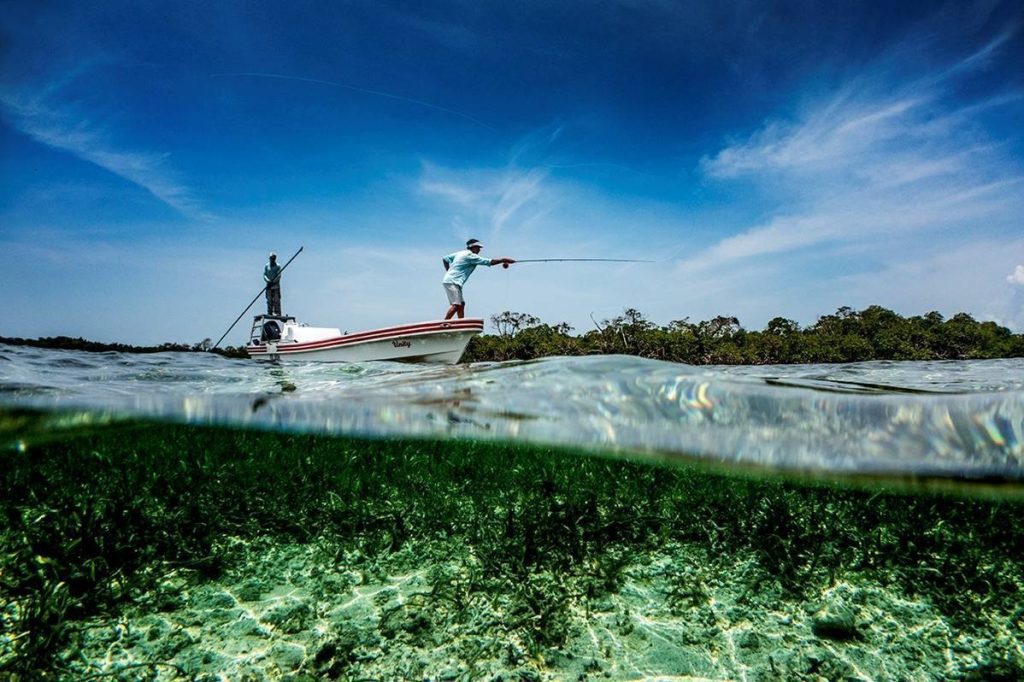
photo credit for Brown Cannon III
Belcampo Belize consists of an eco-lodge, 6,000 hectares of natural reserve and an organic farm which provides two-thirds of the food destinated both to guests and employees. If this was not enough for an aspiring gastronome, it is possible to attend birding and fly fishing packages, excursions in search of the Mayan traditions and guided tours at the Farm Center which allow guests to learn about the production of chocolate, vanilla, coffee, and rum.
The company belongs to the California based Belcampo Inc. group which has as core business high quality-organic meat production and commercialization in Northern California. The CEO Anya Fernald spent several years working for the Slow Food Foundation for Biodiversity, the Belcampo Belize GM led the Canadian Ark of Taste for 10 years, while UNISG is already represented by Master’s program graduates Matthew Runeare and Bronwen Hanna-Korpi.
Belcampo Belize is involved in the sustainable development of the southermost Belizean Toledo District, an ethnographic melting pot [1] of latinos, mestizos, the Caribbean-African Garifuna communities, Mennonites of Germanic origins, Ketchi and Mopan, considered to be the descendents of Maya, but also East Indians imported by the British confederates in order to cultivate sugar cane during colonial times. The main goal of Belcampo is to create economic opportunities with the production of sustainable food and value added agricultural products, elevate service and lifestyle quality of local staff and provide visitors with an opportunity to explore and learn about the roots of everyday exotic ingredients.
Inside this framework, the student of Gastronomic Sciences, thanks to the background learned in Pollenzo, has the possibility to experience a wide array of tasks such as tourist data analysis, research, support for the guided tours, taking part to the Artists in Residence project, contributing to the spread of awareness about Slow Food and, time permitting, travelling and exploinge this country which, according to locals, is the jewel of Central America.
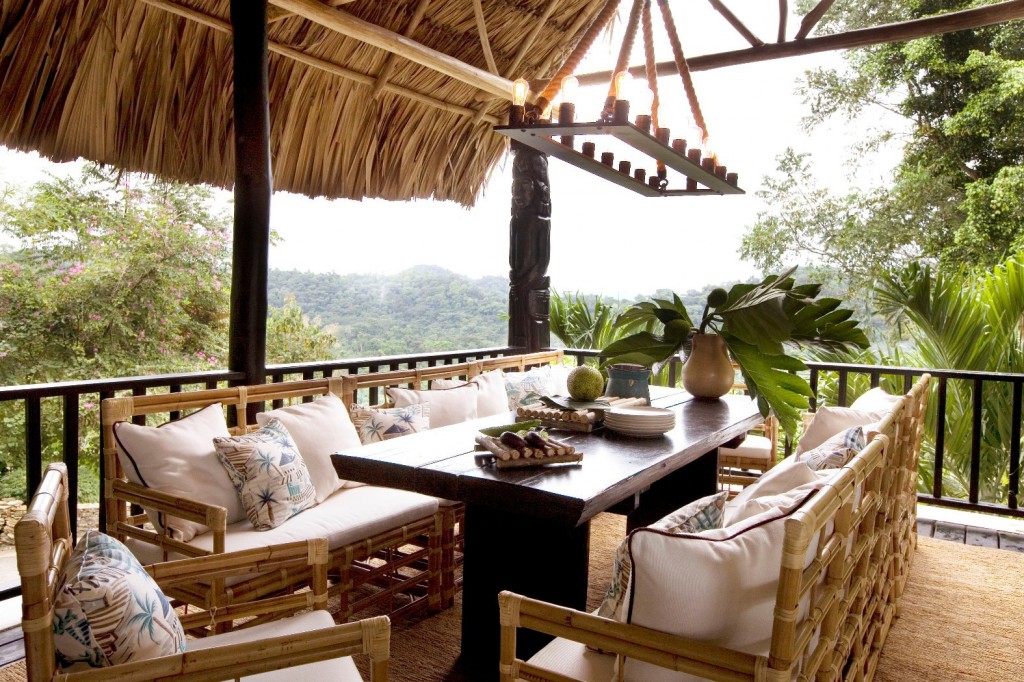
Aware of this great opportunity, I tried to face every project I was assigned with professionalism and enthusiasm: from the implementation of the guests’ database with data collected from the Belizean Tourism Board, to the creation of a commercial relationship with coffee producers from Huehuetenango after having visited them in Guatemala; to accompanying and assisting with Spanish translation a group of customers from the Discovery Channel and RPMC. Day to day chores included working as a barista, waiter, dishwasher and farmer.
I met experts and consultants who were invited for vocational training, such as James Freeman of Blue Bottle Coffee who taught us how to roast and brew coffee; professor Ken Harper from Vancouver Island Culinary Institute who shared his art of pastry and chocolate tempering; and marine biologist James Foley, working for the local NGO TIDE, who was my scuba diving instructor, focusing his course on the sustainability of this discipline. Despite all these inputs, my internship at Belcampo still gave me the opportunity to travel (both for recreational and job-related issues) in Mexico and Guatemala, get the big picture of the the diversity of these countries compared to Belize and analyze the “gastro-colonial” heritage that characterizes them, together with the high demands of the modern tourism industry.
During my five-and-a-half month internship, I tried my best to share my experiences with the Alumni network and the result is that, in less than one month, Belcampo Belize is welcoming a new intern coming from the three-year undergraduate degree. In September I will be back in Pollenzo and my challenge will be to complete my exams and write my thesis dissertation describing in greater detail my internship at Belcampo Belize, because I want to share what it means to be an aspiring gastronome in the jungle.
[1] R. Wilk, Home cooking in the global village: Caribbean food from buccaneers to ecotourists. Berg, 2006

